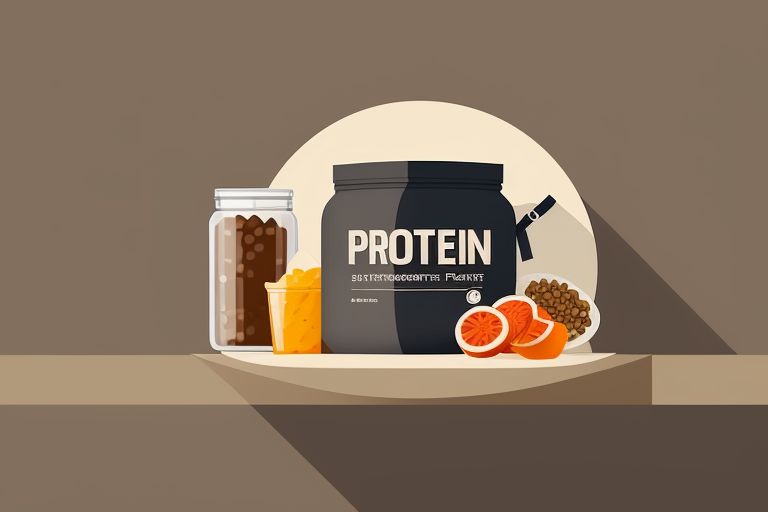Vegetarians, who exclude certain or all animal products from their diet, may be at risk of certain nutrient deficiencies if they do not plan their diet carefully. Common nutrients that vegetarians may need to pay attention to include:
- Protein: While it is possible for vegetarians to obtain sufficient protein from plant sources, they need to ensure they are consuming a variety of protein-rich foods such as beans, lentils, tofu, and nuts.
- Iron: Plant-based iron (non-heme iron) is not as easily absorbed by the body as iron from animal sources (heme iron). Vegetarians should consume iron-rich foods like lentils, beans, tofu, and fortified cereals, and consider combining them with vitamin C-rich foods to enhance iron absorption.
- Calcium: Dairy products are a common source of calcium, so vegetarians who exclude dairy should include other sources like fortified plant milk, tofu, leafy greens, and fortified cereals.
- Vitamin B12: Vitamin B12 is primarily found in animal products, so vegetarians, especially those who exclude all animal products, should consider fortified foods or supplements to meet their B12 needs.
- Omega-3 Fatty Acids: While omega-3 fatty acids are abundant in fish, vegetarians can obtain them from sources like flaxseeds, chia seeds, hemp seeds, and walnuts. Considering algae-based supplements may also be an option.
- Zinc: Plant-based zinc is less easily absorbed by the body compared to zinc from animal sources. Vegetarians should include zinc-rich foods such as beans, lentils, seeds, and nuts in their diet.
- Vitamin D: Vitamin D is primarily obtained from sunlight, but it can be challenging to get enough from sunlight alone, especially in certain climates. Fortified foods or supplements may be necessary, particularly for those with limited sun exposure.
It’s important for vegetarians to plan a well-balanced and diverse diet to ensure they meet their nutritional needs. Consulting with a healthcare professional or a registered dietitian can help individuals tailor their vegetarian diet to prevent nutrient deficiencies.


